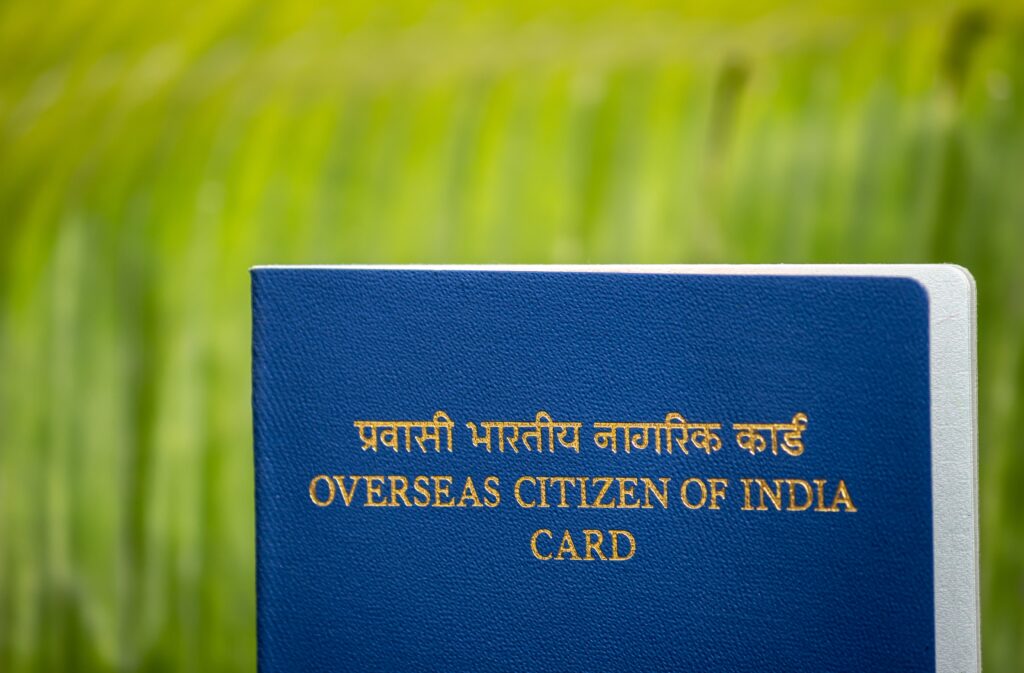Indian property falls under Indian property law. A complex legal framework governing the ownership, transfer, and management of real estate in India. Under Indian property law, there are various types of properties, including residential, commercial, agricultural, and industrial properties. Each category has its own set of rules and regulations regarding ownership, usage, and taxation. The laws aim to provide clarity, transparency, and protection to property owners and buyers.
Indian property entails various types of real estate located within the borders of India. This encompasses residential, commercial, and industrial properties. Catering to diverse purposes and requirements within the realm of real estate investment and development.
Property transactions in India often involve the execution of legal documents. Such as sale deeds, agreements, and leases etc. These documents outline the terms and conditions of the transaction, including the price, payment schedule, rights, and responsibilities of each party involved. It is essential to ensure that all legal formalities are followed diligently to avoid any disputes or complications in the future.
Indian Property Law Mutation
Firstly, Indian property mutation refers to the process of transferring the ownership of a property from one person to another. It is an important legal procedure that involves updating the land or property records with the appropriate authorities. The mutation of property records is necessary to establish the rightful ownership. It also ensures smooth transactions in the real estate sector.
Authorities
In India, property mutation is typically done at the local municipal corporation or panchayat office. This depends on the location of the property. The process involves the submission of various documents such as the sale deed, identity proof of the buyer and seller, proof of payment of stamp duty and registration fees, and NOC (No Objection Certificate) from the concerned authority, if applicable.
Once all the necessary documents are submitted, the authorities verify the details and update the property records accordingly. The mutation entry is made in the official records. It states the new owner’s name, address, and other relevant details. This ensures that the new owner’s name reflects in the revenue records and grants them legal recognition as the rightful owner of the property.
Importance of Mutation under Indian Property Law
Furthermore, property mutation is crucial for various reasons. Firstly, it helps in establishing clear ownership rights, which is vital for any property transaction or legal dispute resolution. Secondly, it enables the government to keep track of property ownership. This aids in property tax assessment and collection. Additionally, property mutation plays a role in determining the land use and development plans in a particular area.
Registration Versus Mutation
Subsequently, it important to note that property mutation is not the same as property registration. Property registration is the process of legally recording the transfer of ownership. Property mutation is the subsequent step of updating the official records to reflect the change in ownership.
Therefore, Indian property mutation is a significant procedure that ensures proper documentation and transfer of property ownership. It helps in maintaining accurate land records, promoting transparency in real estate transactions, and safeguarding the rights of property owners.
Here are 5 important points to consider when dealing with property mutation in India:
- Understanding property mutation: Property mutation, also known as property transfer or property mutation of revenue records, refers to the process of updating ownership details in official records. It is important to have an understanding of this process to ensure the smooth transfer of property rights.
- Legal documentation and verification: When initiating property mutation, it is crucial to gather all the necessary legal documents such as sale deed, will, gift deed, or any other relevant document that establishes the ownership transfer. These documents need to be verified by the concerned authorities to ensure their authenticity.
- Paying the required fees and taxes: Property mutation involves the payment of certain fees and taxes, which vary depending on the state or region. It is important to pay these fees promptly to avoid any delays in the mutation process. Additionally, be aware of any applicable stamp duty charges that may be applicable.
- Submitting the application: The next step is to submit the mutation application along with the required documents to the appropriate local revenue office. The application form may vary from state to state. It is advisable to consult with a legal expert or the concerned authorities for the correct form and procedure.
- Follow-up and tracking the progress: Once the mutation application is submitted, it is crucial to keep track of its progress. Regular follow-up with the revenue office is recommended to ensure that the application is being processed in a timely manner. This can help address any potential issues or delays that may arise during the mutation process.
Remember, property mutation is an important legal process that safeguards your rights as a property owner. It is advisable to seek professional guidance and follow the official procedures to ensure a smooth and hassle-free mutation process.
Permanent Account Number
Upon property mutation, the PAN card of both the transferor (current owner) and the transferee (new owner) is required. These PAN cards are submitted along with the relevant documents to the concerned authorities. The PAN details are validated to ensure that the property transfer adheres to the applicable tax laws and regulations.




Using a Power of Attorney
When it comes to managing property matters in India, the use of a Power of Attorney (PoA) can significantly simplify the process of property mutation. Property mutation refers to the transfer of ownership rights from one individual to another, typically after the death of the property owner or in cases of inheritance or sale.
Power of Attorney at a Glance for Indian Property
A Power of Attorney is a legal document that grants authority to a trusted individual, known as the Attorney-in-Fact or Agent, to act on behalf of the property owner. In the context of property mutation, the Attorney-in-Fact is entrusted with the responsibility of initiating and overseeing the necessary paperwork, liaising with government authorities, and ensuring a smooth transition of property rights.
Benefits of Power of Attorney
Additionally, one of the key benefits of using a PoA for property mutation is that it allows individuals to delegate the cumbersome administrative tasks involved in the process. This can be particularly helpful for non-resident Indians (NRIs) or individuals who are unable to personally attend to the mutation proceedings. By empowering a trusted representative through a PoA, property owners can ensure that the mutation process is carried out diligently and in accordance with legal requirements.
It is important to note that the PoA used for property mutation should be specific to the purpose and include all necessary details, such as the identification of the property, the tenure of the PoA, and the rights and limitations of the Attorney-in-Fact. Additionally, the PoA should be executed on appropriate stamp paper and registered with the concerned authorities for its validity.
Selecting the right POA
Lastly, while a PoA can streamline the property mutation process, it is crucial to exercise caution and prudence in selecting the Attorney-in-Fact. It is advisable to choose someone trustworthy, reliable, and well-versed in property matters to ensure that the interests of the property owner are protected.
In summary, utilizing a Power of Attorney for property mutation in India can be a practical and efficient approach. It allows property owners to delegate responsibilities, complete due process for transfer of property rights. However, it is crucial to follow the necessary legal procedures and select a trusted individual as the Attorney-in-Fact. Consulting with a legal professional is recommended to navigate the intricacies of property mutation and ensure compliance with applicable laws and regulations.
How can we help
Our professional team remains dedicated to providing expert assistance to numerous individuals concerning their Indian Power of Attorney matters. Feel free to contact our team on +44 208 757 5751 or use our contact form.
PAN is required for both Indian and Foreign Nationals of India.
Yes a family member can be appointed.
All India property matters are subject to the Indian property law requirements.






